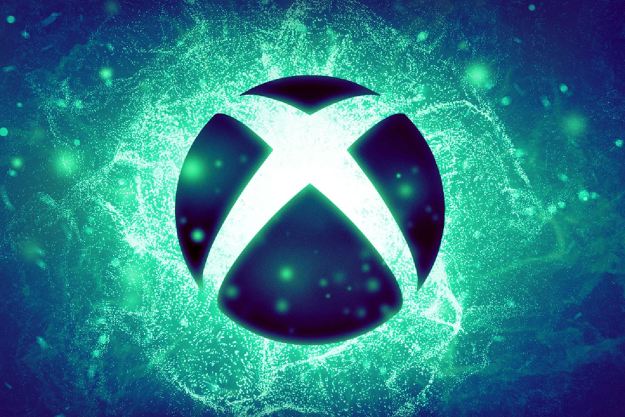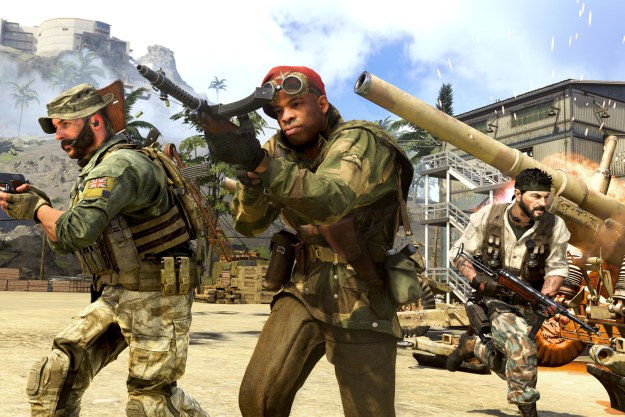Microsoft announced its intention to grant Ubisoft, the publisher behind series like Assassin’s Creed and Far Cry, the cloud streaming rights for Activision Blizzard titles if Microsoft’s acquisition of the Call of Duty publisher goes through.
This deal was made in order to appease the U.K.’s Competition and Markets Authority (CMA). Microsoft has not had an easy time trying to acquire Activision Blizzard as it has run into heavy resistance from regulatory bodies like the U.S. Federal Trade Commission (FTC) and the U.K.’s CMA. The CMA’s complaints centered around the potential monopoly Microsoft could have on cloud gaming if the deal were to go through. There was speculation that Microsoft would divest its U.K. cloud gaming efforts to appease the CMA, but it has now presented this new plan that would technically make it give up control of Activision Blizzard game-streaming rights worldwide for the next 15 years.
In a blog post, Microsoft President Brad Smith explainsed that if the Activision Blizzard acquisition happens, Microsoft will give “cloud streaming rights for all current and new Activision Blizzard PC and console games released over the next 15 years” in perpetuity following a one-off payment.
Essentially, Ubisoft will be the one deciding which cloud gaming platforms and services to put Activision Blizzard games on, not Microsoft. Smith claims that this means “Microsoft will not be in a position either to release Activision Blizzard games exclusively on its own cloud streaming service — Xbox Cloud Gaming — or to exclusively control the licensing terms of Activision Blizzard games for rival services,” and that Ubisoft will allow them to honor existing agreements with companies like Nvidia.

Ubisoft has been cloud gaming friendly over the past several years, eagerly putting its games on services like Google Stadia and Amazon Luna. With this deal, Ubisoft says it plans to bring Activision Blizzard games to its Ubisoft+ subscription service. Activision Blizzard CEO Bobby Kotick also commented on the deal, saying that he approves of the deal, but that “nothing substantially changes with the addition of this divestiture” for Activision Blizzard and its investors.
The current deadline for Microsoft’s Activision Blizzard acquisition is October 18.
Editors' Recommendations
- For Microsoft, indies aren’t Game Pass extras. They’re the future of Xbox
- Microsoft finally closes its $69B Activision Blizzard acquisition
- Microsoft’s Activision Blizzard acquisition is about to clear its final hurdle
- Ubisoft has every right to delete your games — even if it shouldn’t
- Microsoft’s Activision Blizzard acquisition is going to take even longer




